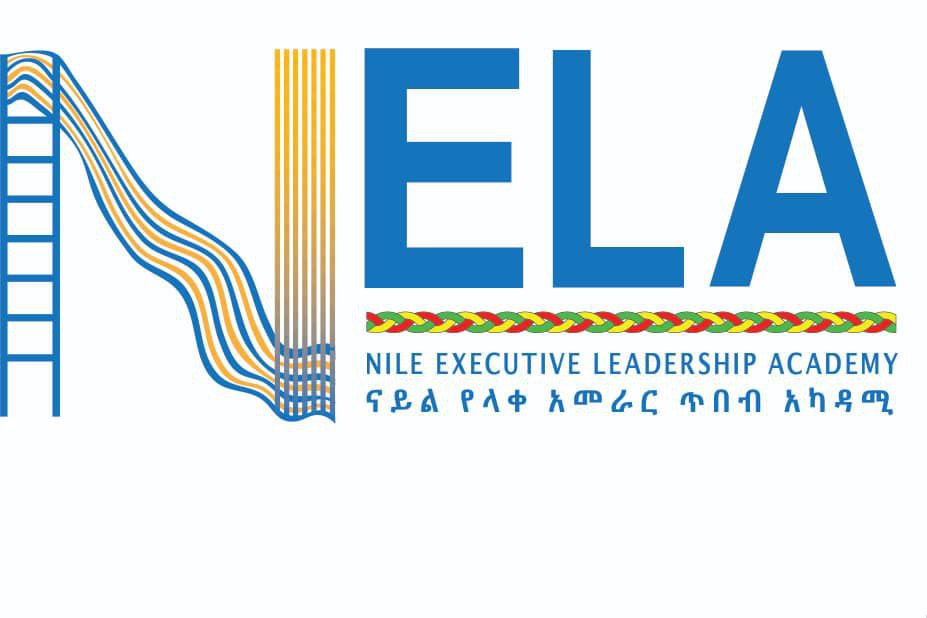Leadership is essential for the advancement of higher education and industrial sectors. In Ethiopia, several initiatives have been implemented over the last few decades to address the shortage of well-trained leaders in these domains. While the Ministry of Health, the Ministry of Education, and public universities have made notable contributions, progress in cultivating a competent leadership pool remains inadequate in both number and quality.
As the higher education landscape in Ethiopia experiences rapid transformations, the necessity for effective leadership becomes increasingly pronounced. Nevertheless, opportunities for advanced leadership practice programs are limited, resulting in many leaders acquiring leadership skills primarily through on-the-job experiences, which may compromise their effectiveness. Furthermore, there is insufficient emphasis on developing talented women for leadership positions, which adversely affects institutional success.
Recognising these gaps, Bahir Dar University (BDU) with the ambition of becoming "the leading research university in Africa," has initiated plans to foster future leaders. It has established the Nile Executive Leadership Academy (NELA) to facilitate higher education and industry system transformation through enhanced tailored based advanced Leadership Practice Programs (ALP-P).
Higher Education and Industry Systems Leadership has emerged as a critical global priority in the 21st century, necessitating sustained investments in advanced leadership that are aligned with local political, social, and economic contexts.
In Ethiopia, initiatives aimed at this objective seek to address public needs, as evidenced by the ongoing transformation plans for education and industry systems. The workforce managing these systems encounters multifaceted challenges, including those related to epidemiology, economics, social dynamics, and technology, in addition to escalating consumer expectations. Effectively addressing these challenges necessitates the cultivation of experienced leaders.
This advanced leadership practice program is designed to foster competent leaders who can effectively manage higher education and industry systems. It provides opportunities for experiential learning while enabling participants to maintain connections with their workplaces. Each participant will design, implement, and evaluate a project that is pertinent to their local context, underscoring the importance of practical application alongside theoretical knowledge.
The program will engage a diverse array of experts, including military leaders, government officials, retired professionals, religious figures, and ambassadors, who will contribute their knowledge and insights. Ultimately, the program aspires to produce leaders who are committed to their nation and society, demonstrating a strong sense of moral integrity, ethical conduct, and compassion in addressing the pressing human resource development needs at local, national, and continental levels.
